8 weird Olympic events that no longer exist
Equestrian vaulting

Horse long jumping
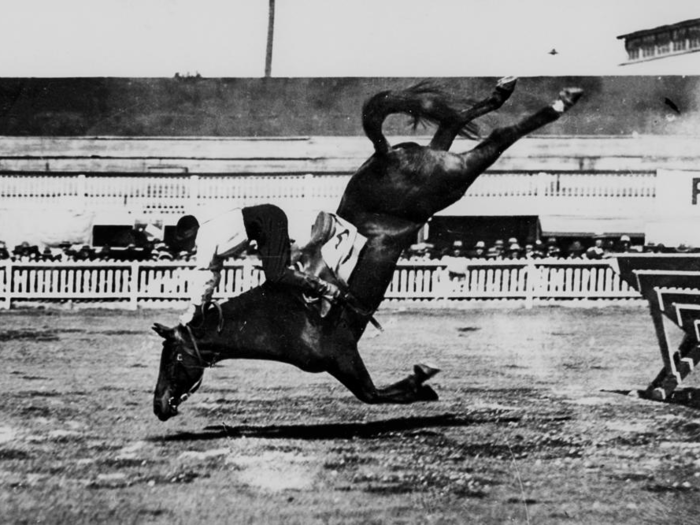
The only horse long jump event took place in the 1900 Olympics in Paris. Most of the horses could reach at least 14 feet, and the winning jump was 20 feet. That's still 9 feet and 4 inches less than the world record for a human long jump, however.
Pistol dueling

Yes, pistol dueling was an Olympic sport. No, they didn’t use real bullets — they were made of wax. Pistol duels debuted in the 1908 London Olympics, and great precautions were taken. In 1908, Popular Mechanics reported that duelers would protect their pistol arms with a heavy guard, and keep their faces behind plate glass.
After 1908, Americans took notice and turned pistol dueling into a public sport. The first public exhibition of the sport in the US took place in Carnegie Hall in New York in 1909, where the New York Times said the crowd was excited by the thought of “supposedly fatal results.”
Singlestick
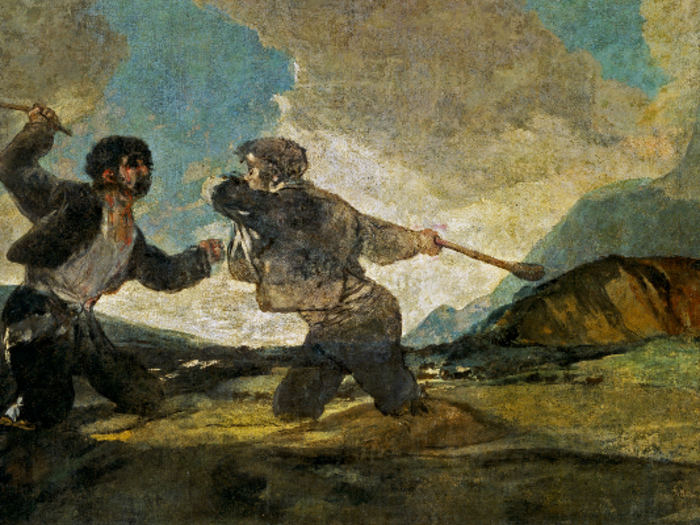
Singlestick competitors would attempt to hit each other with a club that they held in one hand. In 1904, the sport was played at the Summer Olympics in St. Louis, Missouri, under the umbrella of fencing, a relatively similar sport. While fencing is done with foils, rapiers, and sabers, singlestick was like broadsword fighting with a blunt object.
Three competitors from two nations — the US and Cuba, participated in the only singlestick game in the Olympics in 1904. Cuba took home gold.
A similar game called cudgeling used to be played wielding two clubs (one in each hand), but it was never made into an Olympic sport.
Dog sled racing
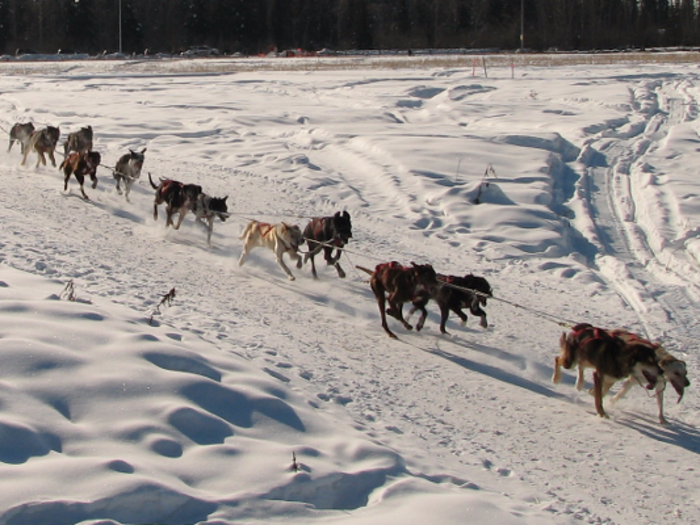
Dog sledding wasn’t just the Iditarod’s domain — the Olympics also had a brief flirtation with the sport during the 1932 Winter Olympics in Lake Placid, New York. The event took place over a 25.1-mile course, which took riders through country roads and bridle paths in upstate New York.
The event, however, was just a demonstration — an event meant to promote the Olympics, rather than be officially incorporated as a sport.
Only two nations, Canada and the US, competed. Canada took home gold and bronze, while the US took home the silver medal.
Plunging for depth
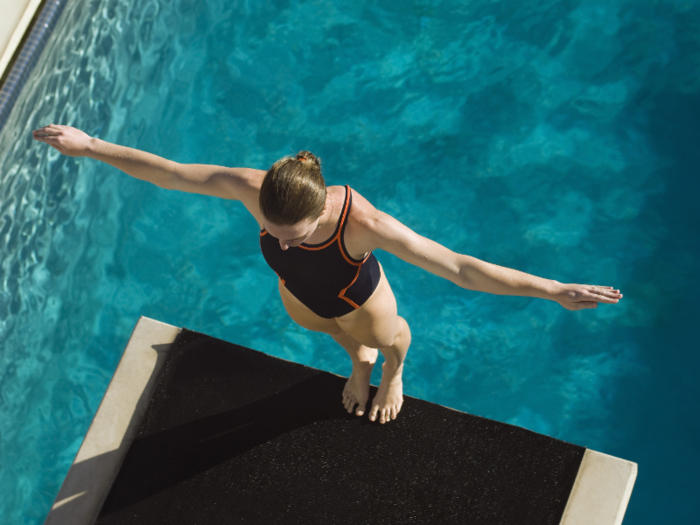
Diving is a popular Olympic sport, but what if you just let yourself sink after hitting the water, keeping your arms and legs still? That would be plunging. Basically, it was a form of diving in which judges measured how deep you could dive. (Depth was measured 60 seconds after your head hit water.)
Plunge diving was only around for the 1904 Summer Olympics in St. Louis, Missouri, and the US was the only participating country. Because the sport rewarded weight over any other factor, it was quickly criticized for the lack of skill it required.
Sportswriter John Kieran of the New York Times wrote ill of the sport in 1930, recounting that “the stylish-stout chaps who go in for this strenuous event merely throw themselves heavily into the water and float along like icebergs in the ship lanes.”
Ski ballet
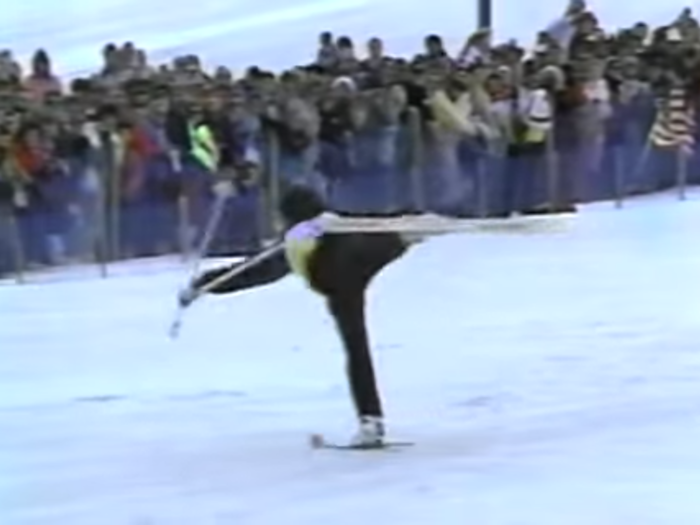
Ski ballet appeared as a demonstration event in two Olympic Games: the 1988 Winter Olympics in Calgary, Canada, and in the 1992 Winter Olympics in Albertville, France. As the name suggests, it’s a choreographed form of skiing. It’s not as graceful as regular ballet, but still super fun to watch.
Art

For 36 years, from 1912 to 1948, the Olympics committee gave out medals for art. The IOC held art competitions in which artists, writers, designers, musicians and more could submit their work for consideration. The best were awarded medals.
You can thank Pierre de Coubertin, the founder of the IOC, for that one.
“He was raised and educated classically, and he was particularly impressed with the idea of what it meant to be a true Olympian — someone who was not only athletic, but skilled in music and literature,” Richard Stanton, author of The Forgotten Olympic Art Competitions, told Smithsonian Magazine.
Today, artists can still submit their work to the Olympic cultural programme, but there's no official competition. Exposure is just as good as a medal, right?
Popular Right Now
Popular Keywords
Advertisement